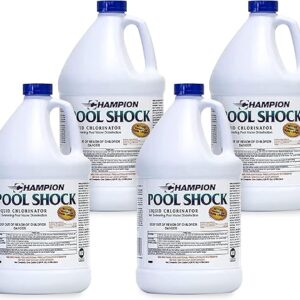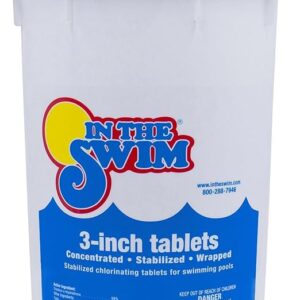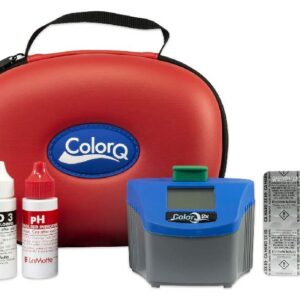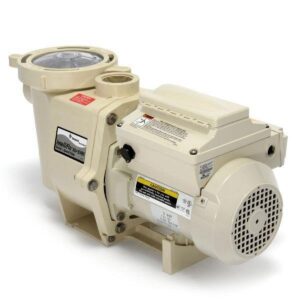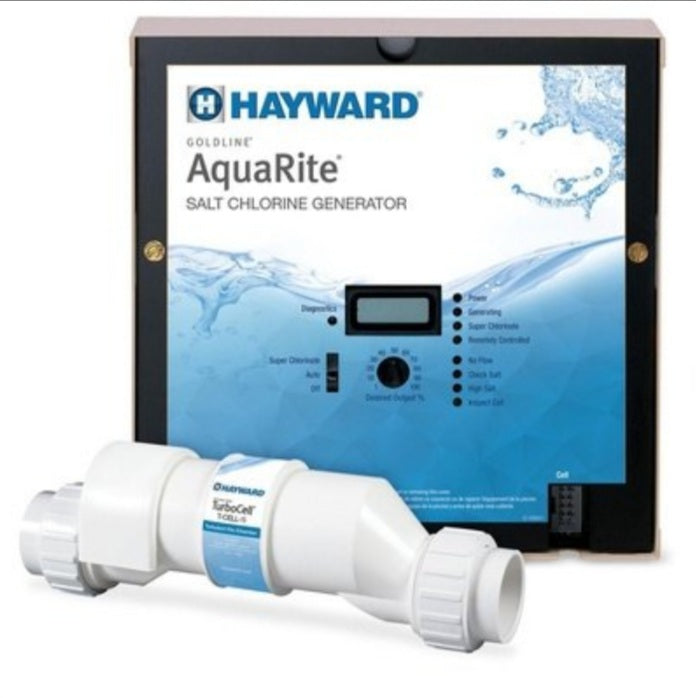Pool Leaks: Types, Detection, and Prevention of Pool Leaks
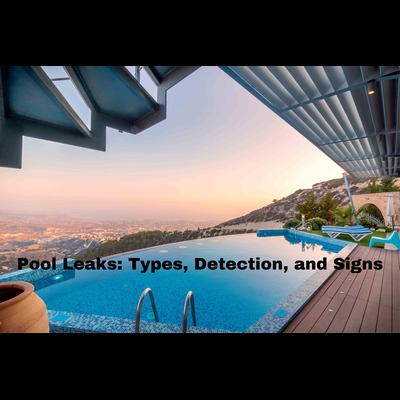
A swimming pool is a fantastic addition to any home, offering relaxation and enjoyment for friends and family. However, like any other part of your property, it’s crucial to maintain your pool correctly to ensure it remains in excellent condition. One common issue that pool owners may encounter is pool leaks.
This comprehensive guide will look into everything you need to know about pool leaks, including the types of leaks, how to detect them, and the telltale signs that your pool might be leaking.
Types of Pool Leaks
1. Water Leak:
- Surface Leaks: These occur when water escapes from cracks or damage in the pool’s structure, such as the pool walls, floor, or tile.
- Plumbing Leaks: These leaks are within the pool’s plumbing system, including pipes, fittings, or valves, and are often a result of wear and tear or faulty installation.
- Underground Leaks: These are the most challenging to detect, occurring beneath the pool’s surface. Shifts in the ground or corrosion of pipes often cause them.
2. Air Leak:
- Suction Side Air Leak: These leaks happen on the suction side of the pool pump and can lead to decreased water circulation and prime loss. Loose fittings, cracked pipes, or faulty seals often cause them.
- Return Side Air Leak: Occurring on the return side of the pump, these leaks can lead to reduced water flow and increased air in the system.
Related Article: The Ultimate Guide to Swimming Pool Maintenance
Pool Leak Detection
Identifying and addressing pool leaks is essential to prevent water loss and avoid costly damage. Here are some methods and tools commonly used for pool leak detection:
1. Bucket Test: This simple DIY test involves filling a bucket with pool water and placing it on the pool step. Mark the water level inside the bucket and the pool water level. After 24 hours, if the pool water level drops more than the bucket water level, you likely have a leak.
2. Dye Test: A dye or food coloring can be used to identify surface leaks. Drop the dye near suspicious areas like cracks or seams; if it gets sucked into the leak, it confirms its presence.
3. Pressure Testing: Professionals can use specialized equipment to pressurize the plumbing system, making it easier to pinpoint plumbing leaks by observing pressure drops.
4. Acoustic Listening Devices: These tools can detect the sound of water escaping through cracks or leaks in the pool structure or plumbing system.
5. Thermal Imaging: Infrared cameras can identify temperature differences in the pool or surrounding areas, potentially revealing hidden underground leaks.
Related Article: Saltwater Pool Maintenance
Signs That Your Pool Is Leaking
Detecting pool leaks early is crucial to prevent water wastage and costly damage. Here are some common signs that your pool may be leaking:
1. Excessive Water Loss: If you notice that you must top up your pool more frequently than usual, it’s a strong indicator of a leak.
2. Altered Water Chemistry: A leaking pool can dilute chemicals, affecting the pool’s pH, salt level, cyanuric acid, and calcium hardness. Frequent chemical adjustments may be needed.
3. Cracks or Settling: Visible cracks in the pool’s structure or deck, or settling of the pool shell, are signs that a leak may be present.
4. Unexplained Wet Areas: Wet spots in your yard, pool equipment area, or around the pool may indicate an underground leak.
5. Reduced Pool Equipment Performance: Decreased water flow, poor filtration, or reduced suction can result from air leaks or plumbing leaks in your pool system.
6. Increased Water Bills: A sudden spike in your water bill, especially during the pool season, can indicate a significant pool leak.
Recommended Swimming Pool Chemicals
Pool Leak Prevention
Preventing pool leaks is just as important as detecting and fixing them. Here are some steps you can take to minimize the risk of pool leaks:
1. Regular Inspections: Perform routine visual inspections of your pool’s surface, plumbing, and equipment. Look for cracks, loose fittings, or any signs of wear and tear. Catching issues early can prevent them from worsening.
2. Proper Installation: Ensure that your pool and its plumbing system are installed correctly by reputable professionals. Proper installation reduces the likelihood of leaks from the start.
3. Maintain Water Chemistry: Keep your pool’s water chemistry well-balanced. Properly balanced water is less corrosive and can help prevent damage to pool components, including pipes and fittings.
4. Adequate Winterization: If you live in an area with freezing temperatures, ensure your pool is properly winterized. Frozen water can expand and cause damage to pipes and equipment.
5. Avoid Overloading: Be mindful of the weight limit on your pool deck and avoid placing heavy objects near the pool’s edge. Excessive weight can cause the pool shell to crack or settle.
6. Monitor Water Level: Maintain the appropriate water level in your pool. Overfilling can put pressure on the pool structure, potentially causing leaks.
7. Professional Maintenance: Regularly schedule professional pool maintenance to inspect and maintain your pool’s components, including pumps, filters, and plumbing. A trained technician can detect and address potential issues before they escalate.
By following these preventive measures, you can significantly reduce the risk of pool leaks and extend the lifespan of your pool.
In conclusion, pool owners need to understand the types of pool leaks, how to detect them, and recognize the signs of a leaking pool. Regular maintenance and prompt leak detection can help preserve your pool’s integrity, conserve water, and ensure many enjoyable swimming seasons ahead. If you suspect a leak or are unsure about any potential issues, it’s advisable to consult with a professional pool service technician to assess and address the problem efficiently. By staying vigilant and proactive, you can keep your pool in top condition and continue enjoying its many benefits.



